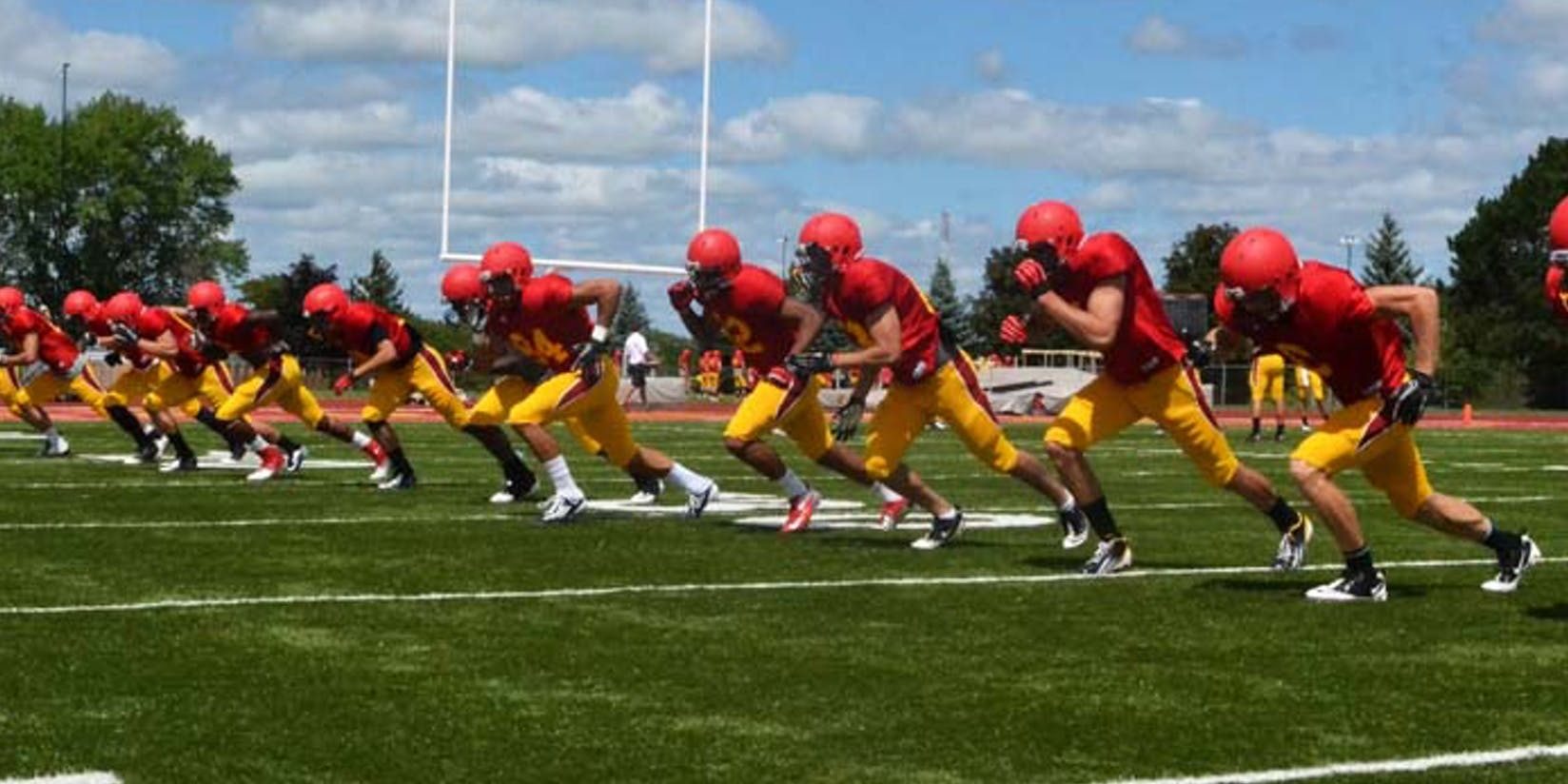By Tre Gabriel
Flawless Intern
When I graduated from Columbia University this past spring, I thought my football career would end. Luckily, because I redshirted my freshman year, I still had an extra year of athletic eligibility left, which I decided to utilize by playing for Keiser University in my hometown in Florida.
I’ve been playing football since I was six years old. But it wasn’t until I reunited with my high school coach and started practicing alongside my childhood friends at Keiser, that I realized just how special this season would be. These weren’t just ordinary practices. For the first time in years, my parents would actually be able to see me play regularly. I had spent four years playing Division I for Columbia, and this was my chance to really bring home all that I had learned.
But it didn’t quite happen this way—at least not at first. I suffered a serious shoulder injury that sidelined me, right as the season was about to start. For awhile, I really thought that I would never be able to play the sport that I loved again. As I healed and waited for a prognosis for my shoulder, I rode an emotional rollercoaster that is all too familiar to so many athletes. As stress, anxiety, and anger threatened to overpower me, I scanned my brain for some helpful advice, and luckily, I remembered all that I have learned through my work at Flawless and especially from board member Roy Szabo’s Tips on Student-Athlete Wellness:
It’s helpful to have more than one coping mechanism.
One thing Ross advised is: “It’s good to have a sport as a coping mechanism, but it can also be a hindrance if that is the only coping mechanism.” For years I had turned to football to help me manage the stressors of daily life. When I was unable to play, I suddenly had to find new stress relievers to help me cope with the loss of my central stress reliever! I found that breathing techniques helped me calm down, whenever I felt on the brink of being overwhelmed by my emotions.
Turn to your support system.
As athletes, we have only a few opportunities to showcase our hard work. We invest so much time, money, sweat, blood, and tears…all for an injury to put everything on pause, or derail a whole season. It’s important for us to open up to those who can truly empathize with the triumphs and pitfalls specific to being athletes. Trainers, coaches, teammates, and family can all create an extremely effective support network.
Reconsider the meaning of mental toughness.
As athletes, we’re told to be “mentally tough,” but we are often confused about what that actually means. Acknowledging your emotions does not make you weak, either mentally or in competition. It’s just being human. If anything, making a point to clear your head of negative thoughts can make you a better and more intentional athlete. When you’re injured and unable to perform, you spend a lot of time thinking. It’s important to develop a healthy and positive thought process, and this doesn’t happen without hard work.
Normalize athlete mental health.
For all student-athletes preparing to have a great season, it’s important to remember another piece of advice from Ross Szabo: “Normalize mental health on a team…treat mental health like you would physical health.” It is so important to tune into your mental health as a student-athlete, not only when you get injured, but all the time. Maintaining mental wellness includes balancing your commitments, tending to your emotions after a bad game, bad practice, or when you just can’t seem to get into your usual rhythm. We get every bump, bruise, and strain treated. It’s time we normalize the treatment of every mental strain. To all the athletes out there, don’t forget to remember that your brain is as important as any other part of your body. Good luck this season – Go Team!







